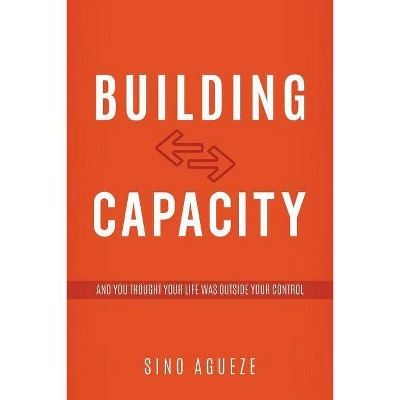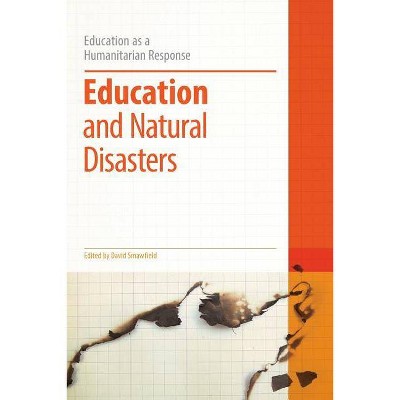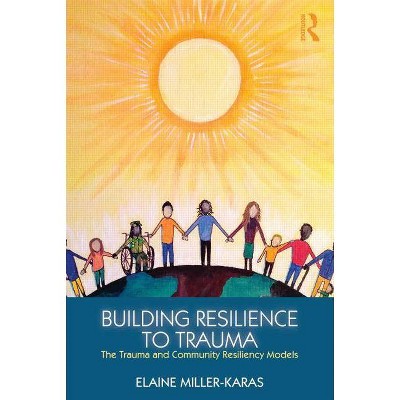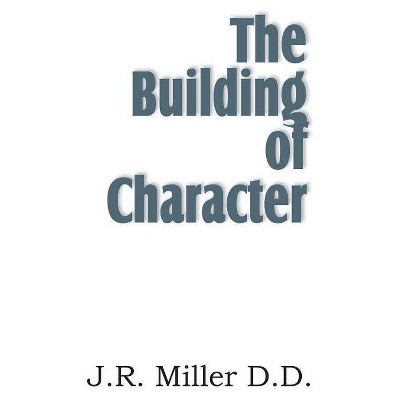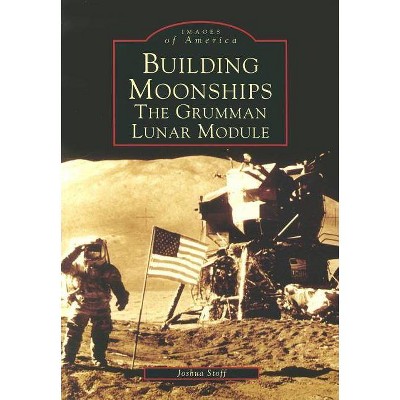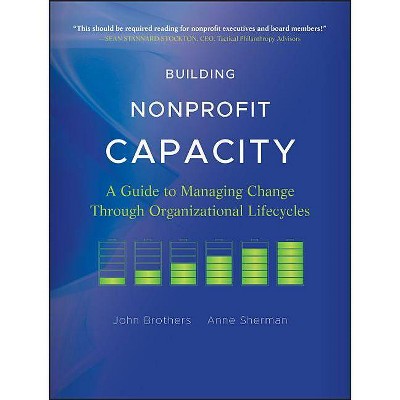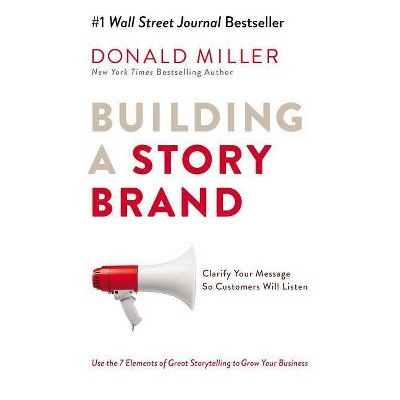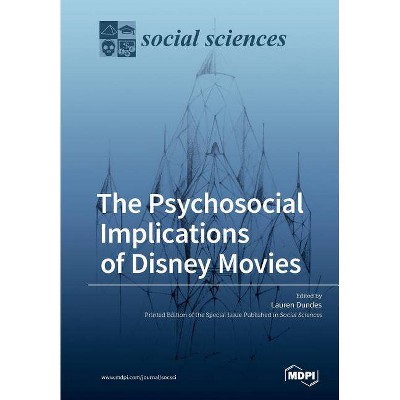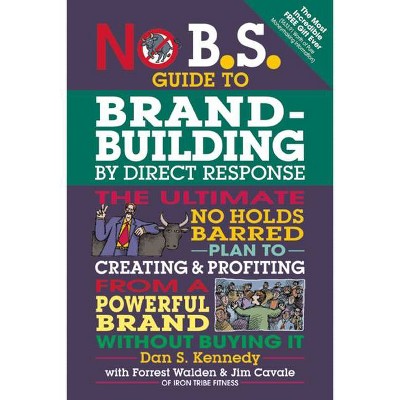Psychosocial Capacity Building in Response to Disasters - by Joshua Miller (Paperback)
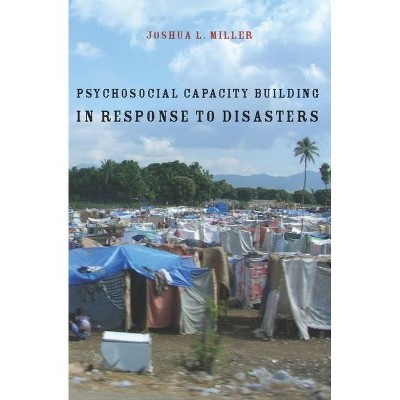
Similar Products
Products of same category from the store
AllProduct info
<p/><br></br><p><b> Book Synopsis </b></p></br></br>Disaster responders treat more than just the immediate emotional and psychological trauma of victims: they empower individuals and families to heal themselves long into a disaster's aftermath. This requires helping survivors to rebuild their ability to meet their emotional and psychological needs, not only for themselves but also for others, which necessitates a careful consideration of survivors' social, economic, and political realities as their communities heal and recover. <p/>This comprehensive book integrates Western mental health approaches and international models of psychosocial capacity building within a social ecology framework, providing practitioners and volunteers with a blueprint for individual, family, group, and community interventions. Joshua L. Miller focuses on a range of disasters at local, regional, national, and international levels. Global case studies explore the social, psychological, economic, political, and cultural issues affecting various reactions to disaster and illustrate the importance of drawing on local cultural practices to promote empowerment and resiliency. Miller encourages developing people's capacity to direct their own recovery, using a social ecology framework to conceptualize disasters and their consequences. He also considers sources of vulnerability and how to support individual, family, and community resiliency; adapt and implement traditional disaster mental health interventions in different contexts; use groups and activities to facilitate recovery as part of a larger strategy of psychosocial capacity building; and foster collective grieving and memorializing. Miller's text examines the unique dynamics of intergroup conflict and the relationship between psychosocial healing, social justice, and peace and reconciliation. Each chapter ends with a mindfulness exercise, and a section reviews practitioner self-care.<p/><br></br><p><b> Review Quotes </b></p></br></br><br>[Miller] has crafted a book that is as helpful as it is accessible.--Social Work with Groups<br><br>Essential reading for disaster workers. This lucid and compelling book masterfully synthesizes theory, practice, and personal experience. In place of narrow, individualized approaches, it shows how resilience, self help, culture, meaning, and collective action support psychosocial well-being in the growing array of disasters facing the world.--Mike Wessells, Program on Forced Migration and Health, Columbia University<br><br>If clinicians find themselves interested in vicarious trauma, PTSD, and secondary PTSD, they will be well rewarded with a close reading of this book, in which Miller essentially teaches how to prevent compassion fatigue and promote compassion satisfaction on both a personal and organizational scale.--Allan E. Crandell, M.D. "Psychiatric Services "<br><br>In brief, I recommend Psychosocial Capacity Building in Response to Disasters as a useful overview of the topic of disasters, with a special focus on capacity building. It is a good "go to" volume at a very low cost for the paperback version...--Anthony J. Marsella "PsycCritiques "<br><br>Miller brings to this much needed text decades of on-the-ground experience as a postdisaster responder in settings across the globe in the wake of multiple types of disasters. His personal and clinical insights from firsthand experience are combined with a well-theorized perspective that locates both the fact of the disaster and responses to the disaster in context, an ecological perspective often cited in social work yet not so often applied.--Yoosun Park, Smith College<br><br>This is a must-read text not only for students and educators but also professionals whose jobs include disaster interventions as well as diplomatic corps personnel who are often at the front of international disasters.--Tohoro F. Akakpo "Smith College Studies in Social Work "<br><p/><br></br><p><b> About the Author </b></p></br></br>Joshua L. Miller is professor of social work at Smith College. A social work practitioner for more than thirty years, he is a member of three disaster response teams and a panelist for managed care companies offering crisis response to companies. Miller has worked with disaster survivors from 9/11, Hurricane Katrina, the Asian tsunami, the Haitian earthquake, China's Wenchuan earthquake, and the armed conflict in northern Uganda. His books include <i>Racism in the United States: Implications for the Helping Professions</i>; <i>School Violence and Children in Crisis</i>; and <i>Direct Work with Families</i>.
Price History
Price Archive shows prices from various stores, lets you see history and find the cheapest. There is no actual sale on the website. For all support, inquiry and suggestion messagescommunication@pricearchive.us
